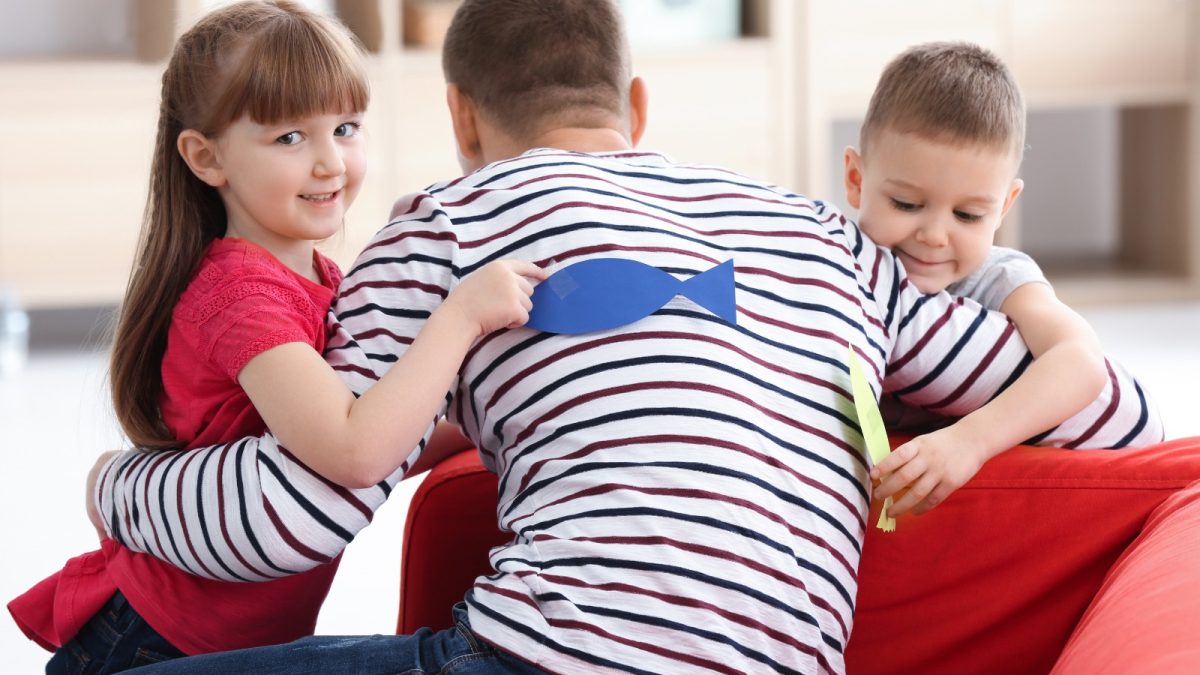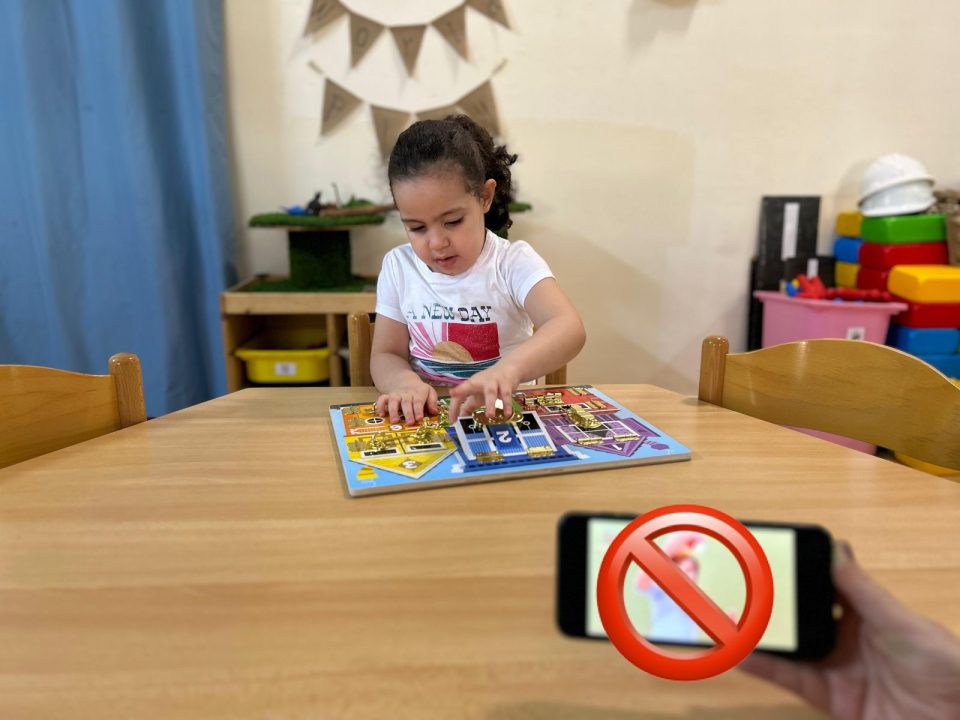Emotional regulation is a critical skill for young children, as it helps them manage and respond to their emotions in healthy ways.
Supporting emotional regulation allows children to express their feelings, cope with challenges, and build strong relationships.
In this blog, we’ll explore effective strategies for parents and caregivers to help young children develop emotional regulation skills.
Understanding Emotional Regulation
Emotional regulation involves recognizing and managing emotions. Young children often feel intense emotions but may lack the skills to handle them effectively.
For example, if a child becomes frustrated during a game and reacts by crying or throwing toys, they are still learning how to express these feelings constructively.
Teaching children ways to express emotions helps them develop healthier coping mechanisms and supports their overall growth.
Understanding Emotional Regulation
1. Promotes Social Skills
Emotional regulation plays a significant role in developing social skills. Children who can manage their emotions are more likely to build strong relationships with peers and adults.
They learn to share, take turns, and resolve conflicts peacefully, which sets the foundation for healthy interactions.
2. Enhances Learning
Emotional regulation also improves children’s ability to focus and learn.
Children who feel secure and emotionally balanced can concentrate better, both in school and in other activities.
3. Builds Resilience
Teaching children how to manage emotions builds resilience.
They learn to cope with setbacks and face difficulties with a more positive outlook, making them more adaptable in challenging situations.
4. Supports Mental Health
Learning emotional regulation early on can support long-term mental health, helping children avoid issues like anxiety and depression later in life.
When children know how to express and manage their feelings, they build a strong emotional foundation for the future.
Tips to Support Emotional Regulation
1. Model Healthy Emotional Expression
Children learn by observing adults, so it’s essential for parents and caregivers to model healthy emotional expressions.
Show your child how to express feelings in a constructive way.
2. Create a Safe Environment
A safe and supportive environment allows children to express emotions without fear of judgment.
Encourage open communication by actively listening to your child’s feelings and reassuring them that it’s okay to feel sad, angry, or confused.
3. Teach Emotional Vocabulary
Helping children develop emotional vocabulary is crucial for supporting emotional regulation.
Use simple words like “happy,” “sad,” “angry,” or “scared” to help them identify and communicate their feelings.
For example, ask questions like, “How do you feel when your friend takes your toy?”
4. Use Play to Explore Emotions
Play is a natural way for children to express feelings. Activities like role-playing or using puppets allow them to explore different emotions
You might set up a scenario where a puppet feels sad, then discuss how to comfort it, making learning fun and engaging.
5. Encourage Problem-Solving
Teach children problem-solving skills to help them handle difficult situations independently.
When they face a challenge, ask questions like, “What do you think you can do?” or “How can we make this better?” This promotes critical thinking and emotional regulation.
6. Provide Positive Reinforcement
Praise your child when they manage emotions appropriately. Positive reinforcement builds their confidence and encourages them to use these skills regularly.
For example, if they express frustration verbally instead of acting out, acknowledge it by saying, “I’m proud of you for telling me how you feel.”
Conclusion
Supporting emotional regulation in young children promotes their overall development. By modeling healthy emotional expression, creating a safe environment, teaching emotional vocabulary, and encouraging problem-solving, parents and caregivers can nurture these skills effectively.
For parents seeking a supportive environment where emotional regulation is prioritized, consider enrolling your child at Super Kids Nursery.
Our curriculum emphasizes social and emotional learning, helping children understand their feelings and build strong relationships.






